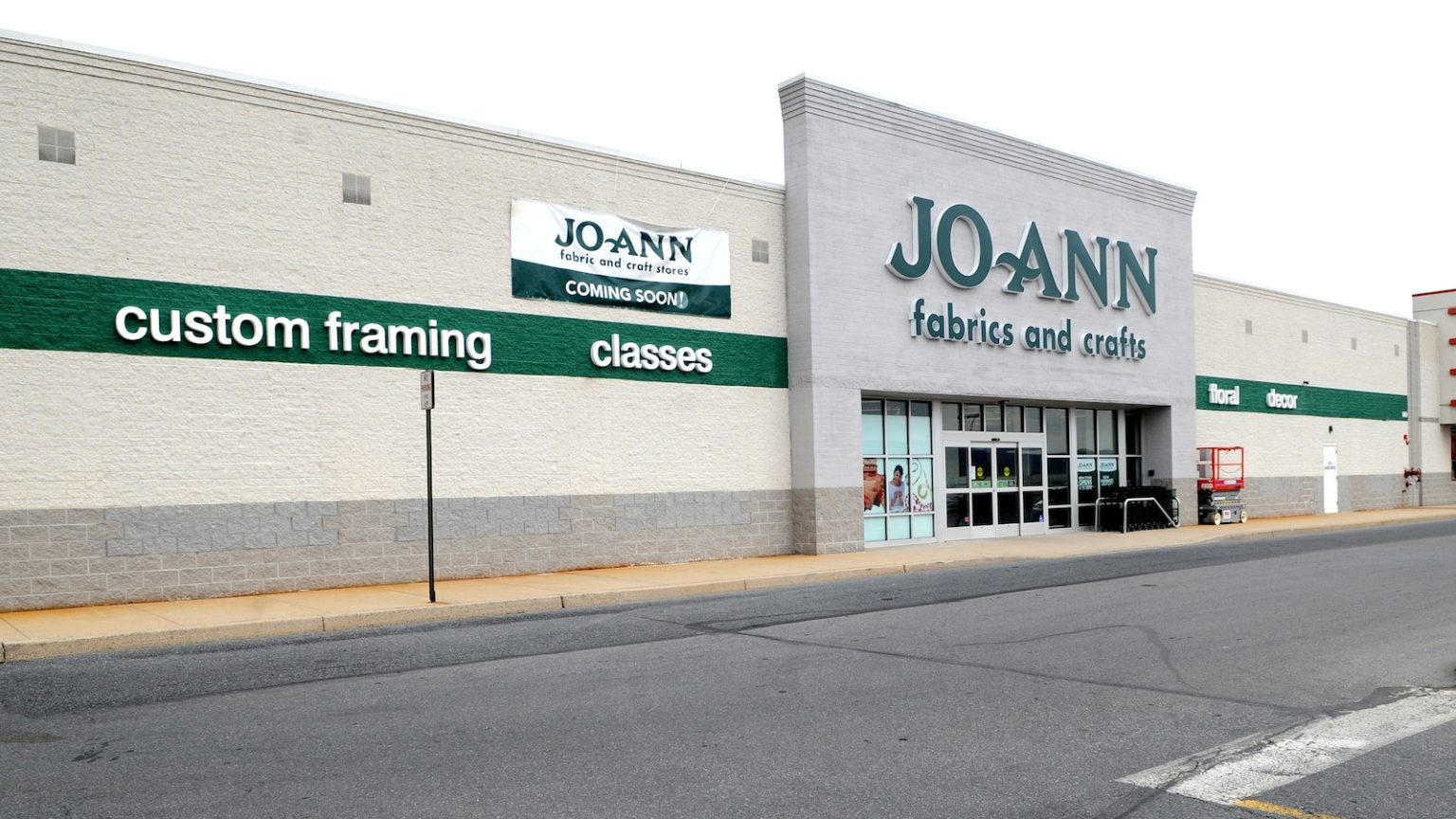Joann Fabrics and Crafts: A Retail Giant in Crisis
Hundreds of Stores to Close Nationwide
Joann, the beloved fabrics and crafts retailer, has announced a significant restructuring move as part of its ongoing bankruptcy proceedings. On Wednesday, the company filed a motion in court seeking approval to close approximately 500 stores across the United States. This decision is part of the company’s efforts to navigate the challenges of Chapter 11 bankruptcy and to "maximize the value of the business," according to a spokesperson who spoke to ABC News. While the move is intended to position Joann for long-term success, it comes with a heavy heart, as the closures will deeply impact employees, customers, and the communities that have relied on these stores for years.
A Difficult Decision: Balancing Business Needs and Community Impact
The spokesperson for Joann emphasized that the decision to close stores was not made lightly. "This was a very difficult decision to make, given the major impact we know it will have on our Team Members, our customers, and all of the communities we serve," they said. The process of identifying which stores to close involved a meticulous analysis of store performance and strategic fit within the company’s future plans. While this "right-sizing" of the store footprint is deemed critical for the company’s survival, it also means saying goodbye to many locations that have been staples in their local areas.
The Larger Context: Chapter 11 Bankruptcy and the Path Forward
This latest development comes on the heels of Joann’s announcement last month that it had voluntarily filed for Chapter 11 bankruptcy in the U.S. Bankruptcy Court for the District of Delaware. The filing marked the beginning of a formal sale process aimed at maximizing the company’s value. Despite the bankruptcy proceedings, Joann has emphasized that its stores and website remain open for business as usual, with employees continuing to receive their pay and benefits. However, the closure of 500 stores signals a significant shift in the company’s operations as it works to restructure and emerge from bankruptcy in a stronger position.
A Broader Retail Trend: Store Closures on the Rise
Joann is not alone in its struggles. The retail industry as a whole is experiencing a wave of store closures as consumer spending habits shift and economic pressures mount. According to research by Coresight Research, more than 15,000 store closures are expected across all industries in 2025, double the number from the previous year. Other major retailers, such as Kohl’s and Macy’s, have also announced plans to scale back their physical presence. This trend reflects the broader challenges facing brick-and-mortar stores as they compete with e-commerce and grapple with declining foot traffic.
Other Brands Follow Suit: Surging Bankruptcy Filings in Retail
The wave of store closures extends beyond traditional department stores. Earlier this month, surf and skate brands Quiksilver, Billabong, and Volcom also announced store closures in the U.S. Their former license operator, Liberated Brands, filed for Chapter 11 bankruptcy, resulting in the closure of over 100 locations. This move underscores the widespread financial struggles that retailers are facing, from niche brands to national chains. As consumer spending tightens and inflation continues to bite, more brands may follow suit in the coming months.
Looking Ahead: The Future of Retail in America
The closure of hundreds of Joann stores, along with those of other major retailers, paints a complex picture of the current retail landscape. While these moves are intended to ensure the long-term viability of the companies, they also signal a shift away from the traditional brick-and-mortar model that has defined American shopping for decades. As Joann and other retailers navigate this uncertain terrain, they will need to balance the needs of their customers, employees, and investors while adapting to the rapidly changing retail environment. For now, communities across the country are left to adjust to the loss of these beloved stores, even as they hold onto hope for the future of their favorite brands.














